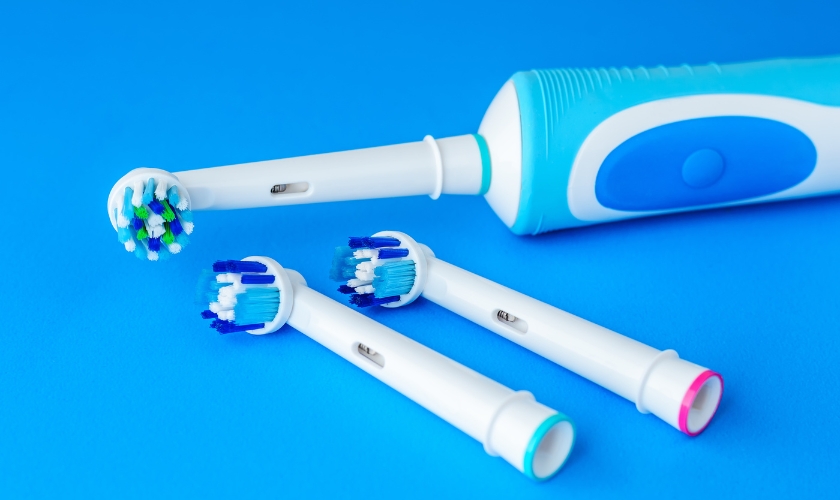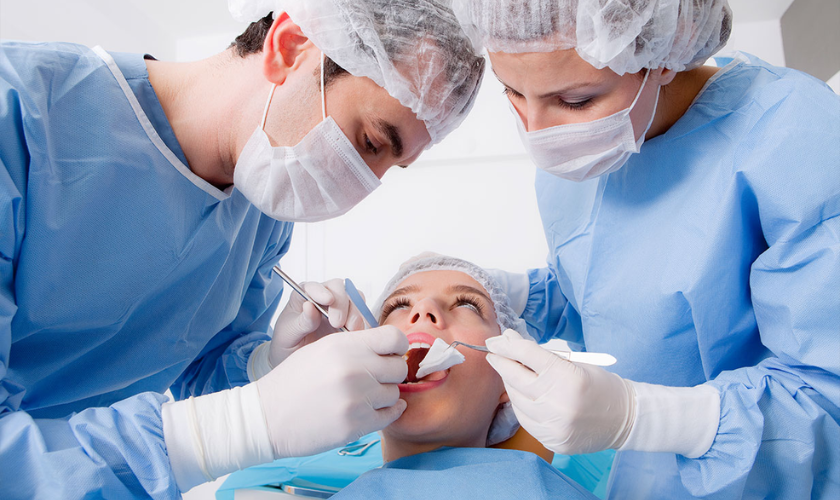Dentists recommend 2 exams per year. Book your exam today!
The Pros and Cons of Electric Toothbrushes

For decades, the humble manual toothbrush has been our go-to tool for maintaining clean teeth and fresh breath. But in recent years, electric toothbrushes have become increasingly popular, promising a more advanced clean. So, should you ditch your manual brush and upgrade to electric? Let’s delve into the pros and cons of electric toothbrushes to help you decide.
Power Up Plaque Removal: Pros of Electric Toothbrushes
Electric toothbrushes boast several advantages over manual brushes, potentially leading to a more effective teeth cleaning routine.
Enhanced Plaque Removal
Studies have shown that electric toothbrushes, with their rotating or vibrating heads, can remove more plaque and bacteria buildup compared to manual brushing alone. This can be especially beneficial for people who struggle with proper brushing technique or have limited dexterity.
- Multiple Brushing Modes: Many electric toothbrushes offer various brushing modes, such as “clean,” “whitening,” or “sensitive,” allowing you to customize your cleaning experience.
- Built-in Timers: Electric toothbrushes often come with built-in timers that ensure you brush for the dentist-recommended two minutes.
Convenience and Ease of Use
Electric toothbrushes can make brushing more convenient and easier, especially for people with physical limitations or those who find manual brushing tedious.
- Less Effort Required: The electric motor does most of the work, requiring less scrubbing effort on your part.
- Pressure Sensors: Some electric toothbrushes have pressure sensors that alert you if you brush too hard, which can damage gums.
Brushing on a Budget: Cons of Electric Toothbrushes
While electric toothbrushes offer numerous benefits, there are also some drawbacks to consider before making the switch.
Cost
Electric toothbrushes are generally more expensive than manual toothbrushes. The initial purchase price can be higher, and replacement brush heads add to the ongoing cost.
- Travel Considerations: Electric toothbrushes require charging or replacement batteries, which can be inconvenient for travel.
- Not a Magic Wand: Remember, even with an electric toothbrush, proper brushing technique is essential for optimal teeth cleaning.
Not for Everyone
Although some people find electric toothbrushes more comfortable, others may dislike the buzzing or vibrating sensation.
- Sensitivity: Electric toothbrushes might be too stimulating for people with sensitive teeth or gums.
- Personal Preference: Ultimately, preference plays a role. Some people simply prefer the feel and control of a manual toothbrush.
The Verdict: Electric vs. Manual Toothbrush
So, is an electric toothbrush right for you? There’s no one-size-fits-all answer. If you’re looking for a more powerful clean, have dexterity limitations, or simply want a more convenient brushing experience, an electric toothbrush could be a worthwhile investment.
However, if you’re on a tight budget, have sensitive teeth, or are perfectly happy with your manual brushing routine, there’s no need to rush out and replace your trusty manual brush.
The most important takeaway is to maintain a consistent teeth cleaning routine, regardless of the tool you choose. Brushing twice a day for two minutes, flossing daily, and scheduling regular dental checkups are the cornerstones of good oral health and fresh breath.
Talk to your dentist about their recommendations for your specific needs. They can help you determine if an electric toothbrush could be a beneficial addition to your oral care routine.







